Search
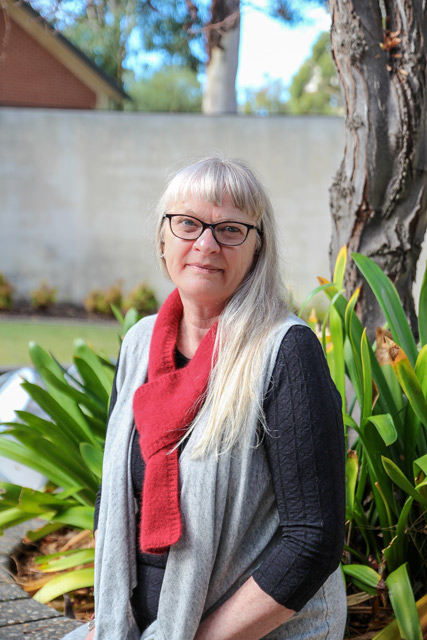
News & Events
Midwives join fight against FASDStrong support and high demand has led to the early release of an Institute-developed learning package designed to empower midwives to tackle FASD.

News & Events
Major conference tackles FASD from the head and the heartHundreds of delegates from around Australia, Canada and New Zealand arrive in Perth this week to discuss the latest knowledge about fetal alcohol spectrum disorder (FASD) at the 2nd Australasian FASD Conference 2018.
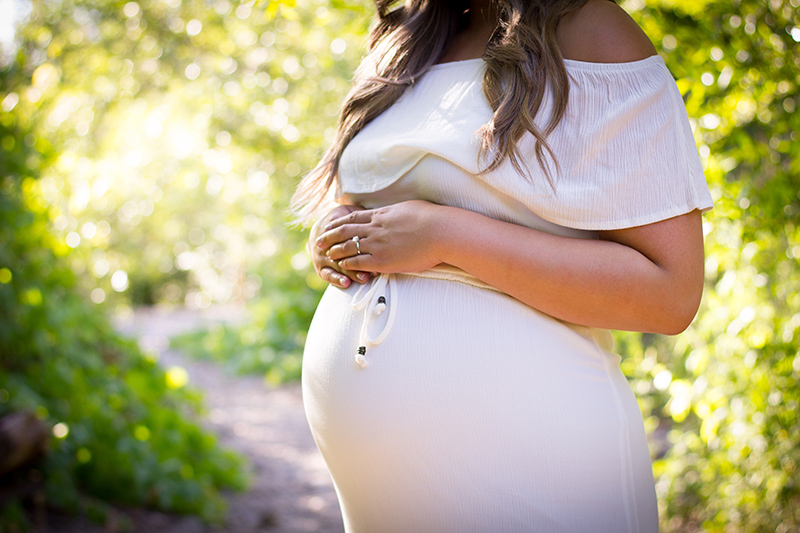
News & Events
New ten-year action plan on FASD provides welcome supportResearchers into fetal alcohol spectrum disorder (FASD) have welcomed the Federal Government’s announcement of a ten-year national action plan that will drive efforts to reduce the impact of FASD on individuals, families and communities.

News & Events
Campaign pays off as alcohol labelling gets green lightFollowing strong evidence and lobbying by The Kids Research Institute Australia researchers and others, labels to warn women about the risks of drinking during pregnancy are to become mandatory on all alcohol sold in Australia and New Zealand.
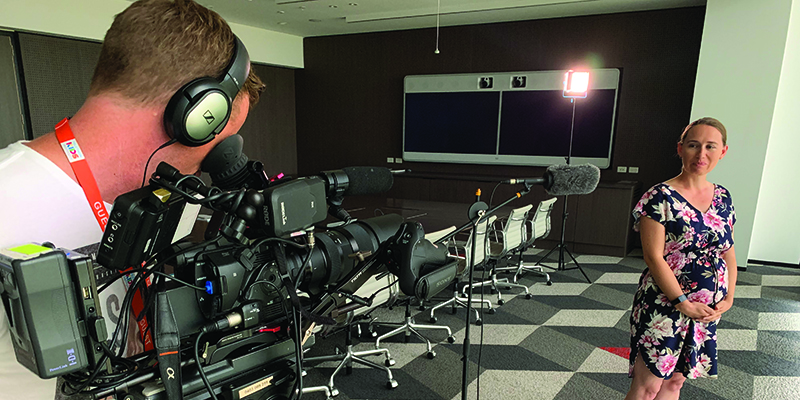
News & Events
Alcohol screening tool transforming maternity practiceA screening tool to help midwives and other health professionals contribute to the prevention of FASD is changing maternity practice across WA public hospitals.
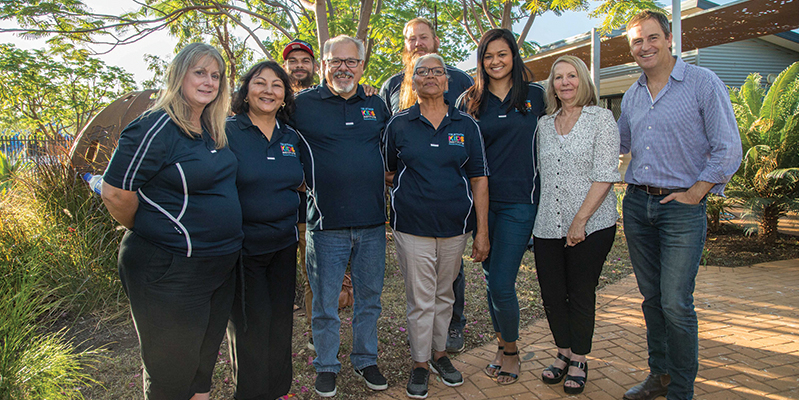
News & Events
Warajanga marnti warranja – together we walk on countryA $5 million commitment from BHP has allowed The Kids researchers and Aboriginal communities to make FASD history in the Pilbara.
News & Events
Centre of Research Excellence enables national FASD approachResearchers at The Kids Research Institute Australia will establish a national framework to tackle Fetal Alcohol Spectrum Disorder (FASD).
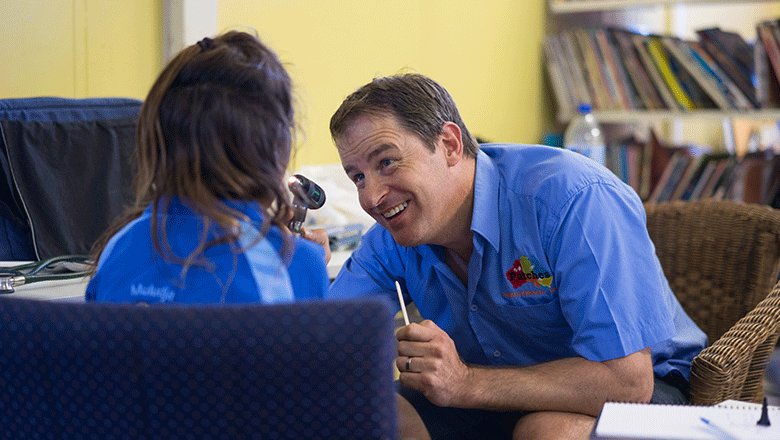
News & Events
FASD resources for the justice systemResearchers at The Kids Research Institute Australia have developed a range of new resources to help lawyers, judicial officers and other justice professionals
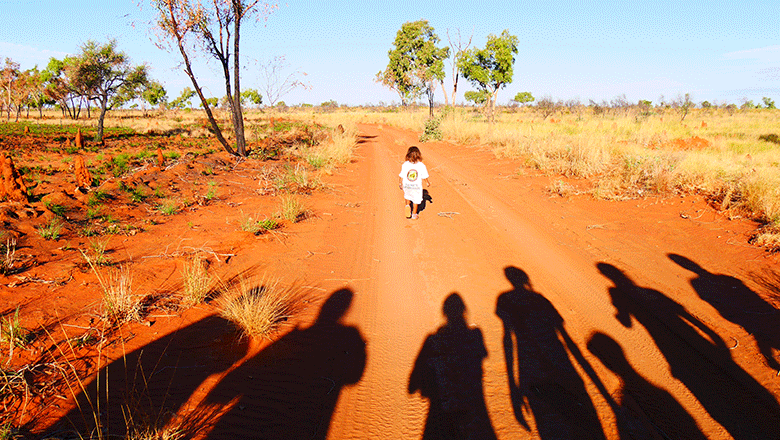
News & Events
Alcohol restrictions a powerful tool for communitiesThere is growing evidence that alcohol restrictions are effective in empowering communities to reduce the immediate and long term impacts of alcohol.
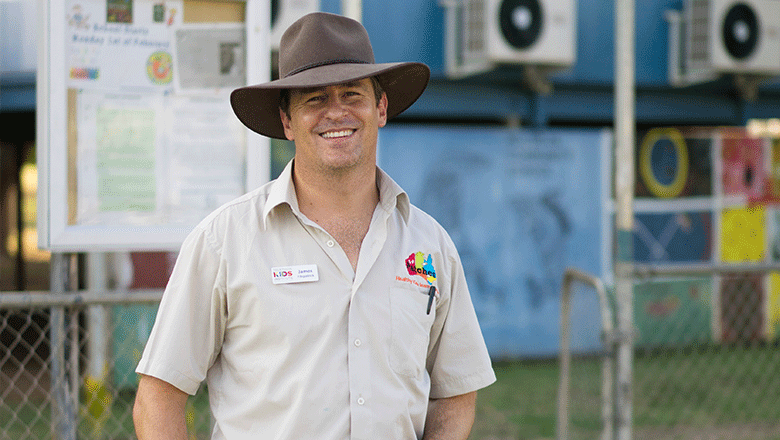
News & Events
Community is tackling FAS in the Fitzroy ValleyAmong the highest rates of Fetal Alcohol Syndrome (FAS) worldwide have been reported by Aboriginal community leaders in the remote Fitzroy Valley.
